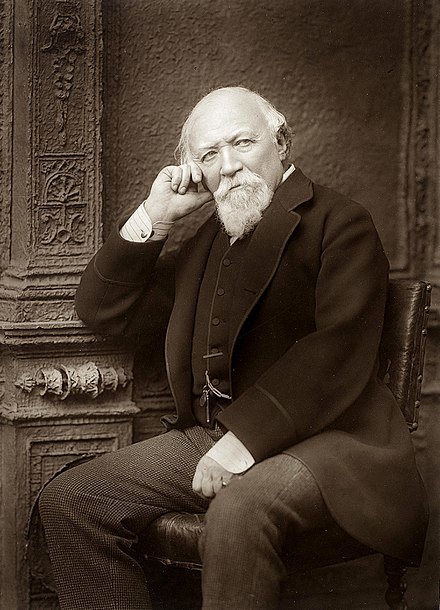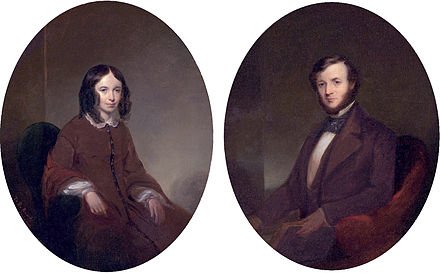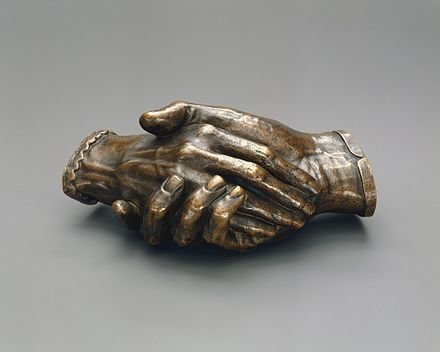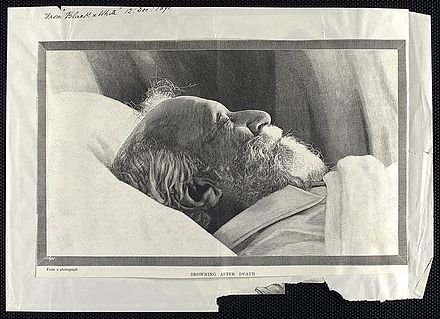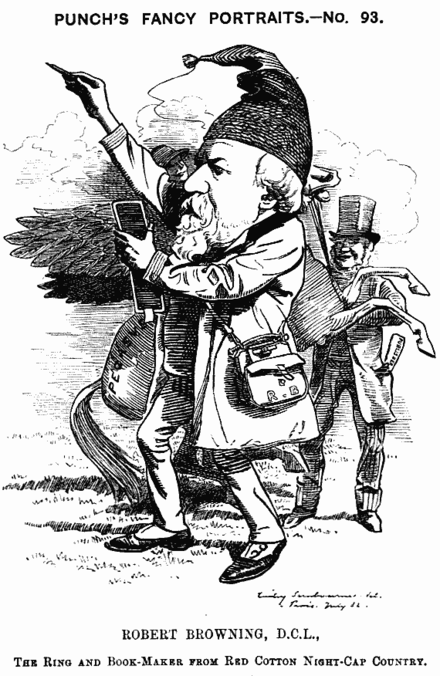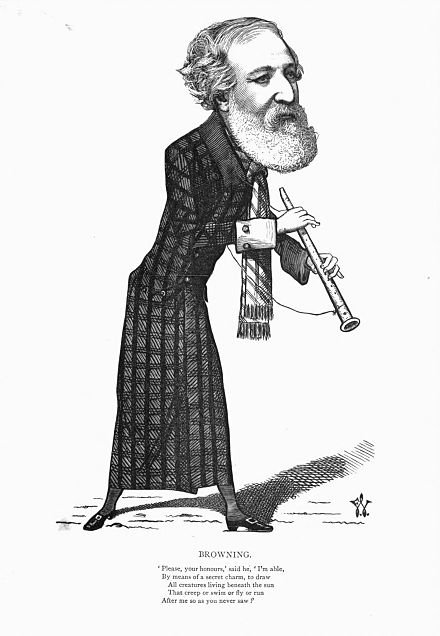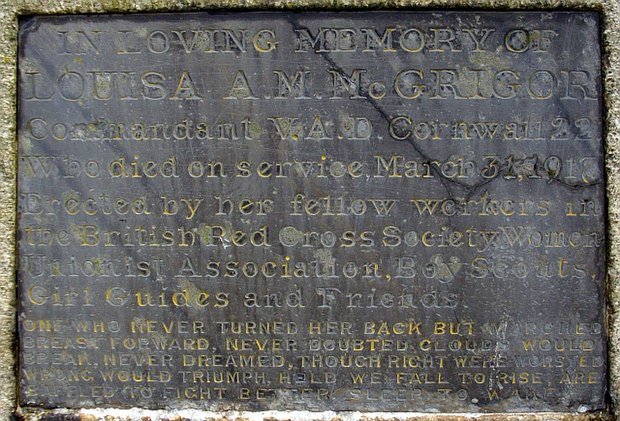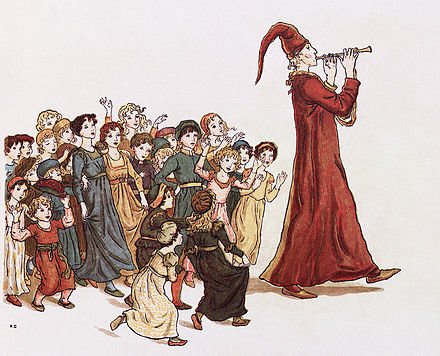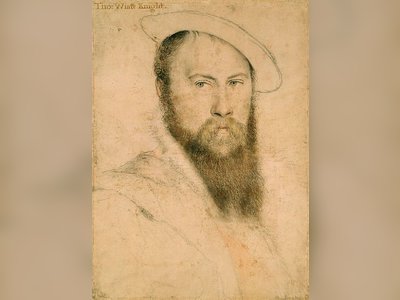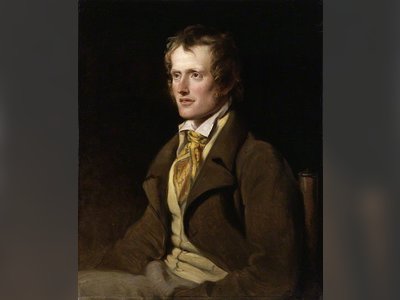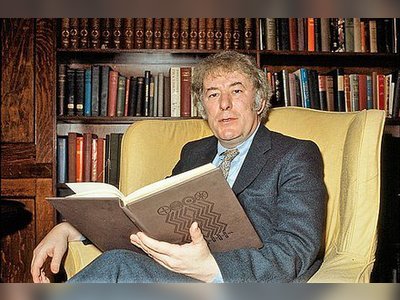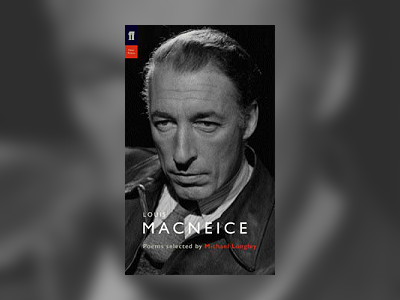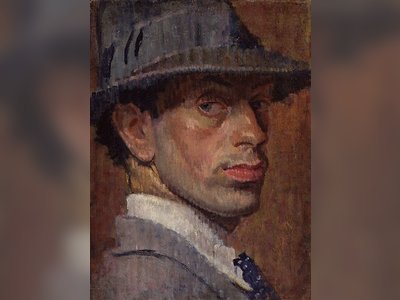British Heritage
Remember, Cherish, Learn.
beta
Robert Browning - Dramatic Victorian Poet, 1800s
A Legacy in British Heritage.
Robert Browning, the 19th-century English poet and playwright, left an enduring legacy in British heritage through his innovative and influential works. Born in 1812, Browning's poetic talent and unique style propelled him to prominence among the Victorian poets. He was celebrated for his dramatic monologues, which showcased his mastery of irony, characterization, dark humor, social commentary, historical settings, and complex vocabulary and syntax. Despite initial acclaim for his early long poems, Browning faced challenges in his career, but he later found immense success with his middle-period works.
Robert Browning was born in Walworth, Surrey, and grew up in a household rich with literary resources, thanks to his father's collection of around 6,000 books. His mother, a devout nonconformist and talented musician, also played a significant role in fostering his interest in literature and the arts. From an early age, Browning displayed his literary prowess, writing a book of poetry at just 12 years old. He had a strong affinity for the Romantic poets, particularly Percy Bysshe Shelley, and became an atheist and vegetarian, influenced by Shelley's ideas.
Browning's literary career began with the publication of his early long poems, "Pauline" (1833) and "Paracelsus" (1835), both of which received critical acclaim. However, his next work, "Sordello" (1840), faced severe criticism for its perceived obscurity. This setback led him to reevaluate his poetic style, and he transitioned to a more personal and introspective approach.
In 1846, Browning married fellow poet Elizabeth Barrett and moved to Italy, where they settled in Florence. His wife's death in 1861 profoundly affected him, and he published the collection "Men and Women" (1855) during this time. Browning's emotional journey through grief and introspection resonated with readers and established him as a leading poet of his time.
During his middle period, Browning's writing reached its peak with the publication of "Dramatis Personae" (1864) and the monumental book-length epic poem "The Ring and the Book" (1868–1869). The latter brought him considerable commercial and critical success and solidified his position as a prominent poet. Browning's skill in creating dramatic monologues, where the speaker's character is revealed through their speech, became one of his most celebrated traits.
Browning continued to write prolifically throughout his life, and his work remained relevant in Victorian social and political discourse. He expressed his political views, supporting women's emancipation, opposing slavery, and advocating for animal rights in his poems. In 1889, he passed away in Venice, leaving behind a rich body of work.
Robert Browning had both admirers and detractors in his lifetime. Eminent writers such as Henry James, Oscar Wilde, George Bernard Shaw, and Ezra Pound recognized his genius and drew inspiration from his poetry. Despite occasional criticism, Browning's dramatic monologues and insightful character portrayals are now highly regarded. His most famous poems, such as "Porphyria's Lover," "My Last Duchess," and "The Pied Piper of Hamelin," continue to captivate readers and are widely read today.
Robert Browning's contribution to British heritage lies in his groundbreaking dramatic monologues, nuanced characterizations, and masterful storytelling. He left an indelible mark on Victorian poetry, influencing generations of writers and poets. His work continues to be cherished, and Browning remains a celebrated figure in the realm of English literature, rightfully enshrined in the British literary canon.
Early Years and Upbringing
Robert Browning was born in Walworth, Surrey, and grew up in a household rich with literary resources, thanks to his father's collection of around 6,000 books. His mother, a devout nonconformist and talented musician, also played a significant role in fostering his interest in literature and the arts. From an early age, Browning displayed his literary prowess, writing a book of poetry at just 12 years old. He had a strong affinity for the Romantic poets, particularly Percy Bysshe Shelley, and became an atheist and vegetarian, influenced by Shelley's ideas.
Early Literary Works and Adversity
Browning's literary career began with the publication of his early long poems, "Pauline" (1833) and "Paracelsus" (1835), both of which received critical acclaim. However, his next work, "Sordello" (1840), faced severe criticism for its perceived obscurity. This setback led him to reevaluate his poetic style, and he transitioned to a more personal and introspective approach.
Love and Marriage
In 1846, Browning married fellow poet Elizabeth Barrett and moved to Italy, where they settled in Florence. His wife's death in 1861 profoundly affected him, and he published the collection "Men and Women" (1855) during this time. Browning's emotional journey through grief and introspection resonated with readers and established him as a leading poet of his time.
The Dramatic Monologues and Acclaim
During his middle period, Browning's writing reached its peak with the publication of "Dramatis Personae" (1864) and the monumental book-length epic poem "The Ring and the Book" (1868–1869). The latter brought him considerable commercial and critical success and solidified his position as a prominent poet. Browning's skill in creating dramatic monologues, where the speaker's character is revealed through their speech, became one of his most celebrated traits.
Later Life and Legacy
Browning continued to write prolifically throughout his life, and his work remained relevant in Victorian social and political discourse. He expressed his political views, supporting women's emancipation, opposing slavery, and advocating for animal rights in his poems. In 1889, he passed away in Venice, leaving behind a rich body of work.
Critical Reception and Influence
Robert Browning had both admirers and detractors in his lifetime. Eminent writers such as Henry James, Oscar Wilde, George Bernard Shaw, and Ezra Pound recognized his genius and drew inspiration from his poetry. Despite occasional criticism, Browning's dramatic monologues and insightful character portrayals are now highly regarded. His most famous poems, such as "Porphyria's Lover," "My Last Duchess," and "The Pied Piper of Hamelin," continue to captivate readers and are widely read today.
Conclusion
Robert Browning's contribution to British heritage lies in his groundbreaking dramatic monologues, nuanced characterizations, and masterful storytelling. He left an indelible mark on Victorian poetry, influencing generations of writers and poets. His work continues to be cherished, and Browning remains a celebrated figure in the realm of English literature, rightfully enshrined in the British literary canon.
- Robert Browningen.wikipedia.org
